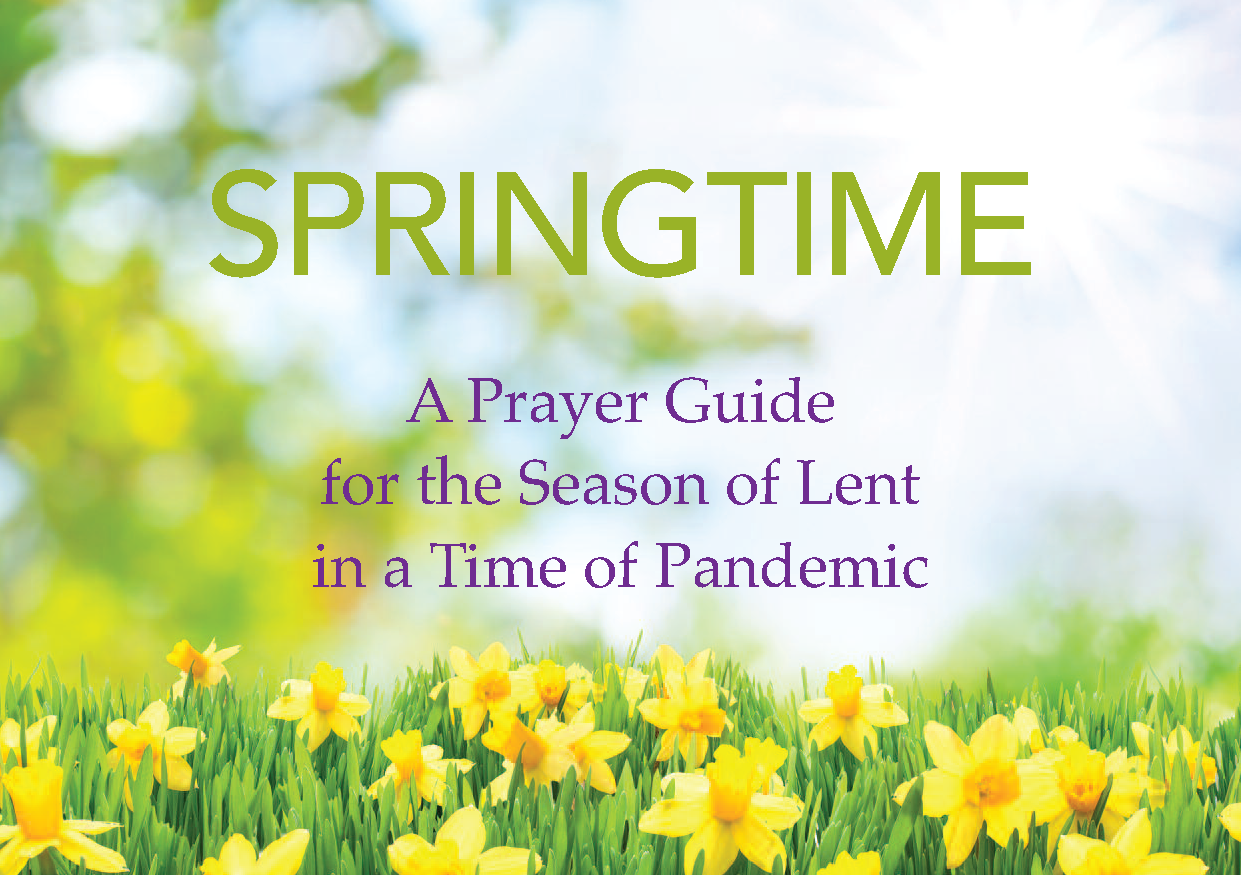The Post-Roe Landscape: Examining The Role Of OTC Birth Control

Table of Contents
Increased Access to Contraception: A Game Changer in the Post-Roe Era?
The potential for OTC birth control to revolutionize access to contraception in the post-Roe era is undeniable. Expanding access to affordable birth control options, particularly for those in underserved communities, could significantly mitigate the impact of restricted abortion access. The implications are far-reaching:
- Reduced reliance on doctor's visits and appointments: Obtaining birth control no longer requires navigating potentially complex healthcare systems, long wait times, and the financial burden of appointments. This is particularly crucial for individuals in rural areas or those with limited transportation options.
- Increased privacy and autonomy in reproductive health decisions: The ability to purchase birth control discreetly and without a prescription empowers individuals to make personal choices about their reproductive health without external barriers or judgment.
- Potential for lower costs compared to prescription birth control: OTC birth control has the potential to be more affordable than prescription options, further reducing financial barriers to access. This is especially important for individuals and families struggling financially.
- Improved access for marginalized communities: Those facing systemic barriers to healthcare, including racial and ethnic minorities, low-income individuals, and LGBTQ+ individuals, can benefit significantly from increased access to affordable and easily obtainable OTC contraception.
However, challenges remain. Affordability, even with OTC options, continues to be a barrier for many. Ensuring adequate insurance coverage and government subsidies for OTC birth control will be critical to maximizing its impact. Furthermore, the cost of OTC birth control might still be prohibitive for some, leading to continued disparities in access.
The Benefits and Drawbacks of OTC Birth Control: A Balanced Perspective
The convenience and ease of access offered by OTC birth control are undeniable benefits. However, a balanced perspective must acknowledge potential drawbacks:
- Misinformation and improper use leading to reduced effectiveness: The lack of personalized medical guidance could lead to incorrect usage, diminishing the effectiveness of the contraceptive method and increasing the risk of unintended pregnancy.
- Lack of personalized medical guidance: OTC birth control eliminates the consultation with a healthcare professional, potentially overlooking potential contraindications or interactions with other medications.
- Concerns regarding potential side effects and contraindications: Individuals may not be fully aware of potential side effects and contraindications associated with specific OTC birth control methods, leading to potential health complications.
To mitigate these risks:
- Importance of accurate information and comprehensive education: Public health campaigns and educational initiatives are crucial in providing accurate information about OTC birth control methods, their efficacy, potential side effects, and proper usage.
- Need for clear labeling and instructions on OTC birth control packaging: Clear, concise, and easily understandable instructions on product packaging are essential for safe and effective use.
- Role of telehealth services in providing guidance and support: Telehealth platforms can offer a valuable bridge, providing access to virtual consultations and personalized guidance even with OTC birth control.
Regulatory Hurdles and Future of OTC Birth Control Access
The regulatory landscape surrounding OTC birth control approval and distribution is complex and often faces political and legal challenges.
- FDA approval processes for new OTC birth control options: The rigorous FDA approval process for new OTC contraceptive options can be lengthy and resource-intensive.
- State-level regulations impacting access: Individual states may have their own regulations regarding the sale and distribution of OTC birth control, potentially creating inconsistencies in access across the nation.
- Advocacy efforts to expand access to OTC birth control: Ongoing advocacy efforts are crucial in pushing for policy changes that expand access to OTC birth control and remove unnecessary regulatory barriers.
The future of OTC birth control access hinges on continued innovation, improved access, and supportive policies. Technological advancements could lead to more effective and user-friendly OTC contraceptive methods.
The Role of Education and Responsible Use of OTC Birth Control
Comprehensive sex education is paramount in promoting responsible contraception use. This includes accurate information about various birth control methods, their effectiveness, potential risks, and proper usage.
- Importance of reliable sources of information: Access to reliable and unbiased information is crucial in dispelling myths and misconceptions surrounding birth control.
- The role of healthcare providers in education and counseling: While OTC birth control eliminates the need for a prescription, healthcare providers still have an important role to play in educating individuals about appropriate usage, potential risks, and alternative options.
- Addressing common misconceptions and myths about OTC birth control: Open and honest conversations about birth control, debunking myths and misinformation, are vital for responsible and informed decision-making.
Securing Reproductive Healthcare: The Ongoing Importance of OTC Birth Control Access
In the post-Roe era, over-the-counter birth control has emerged as a critical component of ensuring access to reproductive healthcare. Increased access, responsible use, and ongoing advocacy for expanding options are essential. The potential benefits of OTC birth control are significant, but realizing them requires overcoming challenges related to affordability, misinformation, and regulatory hurdles. We must prioritize comprehensive sex education and clear communication surrounding OTC birth control options. Learn more about available over-the-counter birth control options and advocate for policies that support broader access. Your voice is crucial in securing reproductive healthcare for all. Make your voice heard and help ensure that everyone has access to the contraception they need. This is essential to securing a future where reproductive freedom is a reality for all, facilitated by readily available over-the-counter birth control.

Featured Posts
-
 Europa League Preview Brobbeys Power A Key Factor For Ajax
Apr 26, 2025
Europa League Preview Brobbeys Power A Key Factor For Ajax
Apr 26, 2025 -
 Shedeur Sanders And Nike Following In His Fathers Footsteps
Apr 26, 2025
Shedeur Sanders And Nike Following In His Fathers Footsteps
Apr 26, 2025 -
 Long Live The Lente Understanding Springtime Terminology
Apr 26, 2025
Long Live The Lente Understanding Springtime Terminology
Apr 26, 2025 -
 Escape Disney 7 Must Try Orlando Restaurants For 2025
Apr 26, 2025
Escape Disney 7 Must Try Orlando Restaurants For 2025
Apr 26, 2025 -
 Open Ai Unveils Streamlined Voice Assistant Development Tools
Apr 26, 2025
Open Ai Unveils Streamlined Voice Assistant Development Tools
Apr 26, 2025
Latest Posts
-
 The Unlikely Path Of Ahmed Hassanein Could He Be The First Egyptian In The Nfl
Apr 26, 2025
The Unlikely Path Of Ahmed Hassanein Could He Be The First Egyptian In The Nfl
Apr 26, 2025 -
 Ahmed Hassanein An Egyptians Path To The Nfl Draft
Apr 26, 2025
Ahmed Hassanein An Egyptians Path To The Nfl Draft
Apr 26, 2025 -
 Is Ahmed Hassanein Egypts Next Nfl Star A Look At His Draft Prospects
Apr 26, 2025
Is Ahmed Hassanein Egypts Next Nfl Star A Look At His Draft Prospects
Apr 26, 2025 -
 Thursday Night Football Nfl Drafts First Round Begins In Green Bay
Apr 26, 2025
Thursday Night Football Nfl Drafts First Round Begins In Green Bay
Apr 26, 2025 -
 Will Ahmed Hassanein Break Barriers As Egypts First Nfl Draft Selection
Apr 26, 2025
Will Ahmed Hassanein Break Barriers As Egypts First Nfl Draft Selection
Apr 26, 2025
